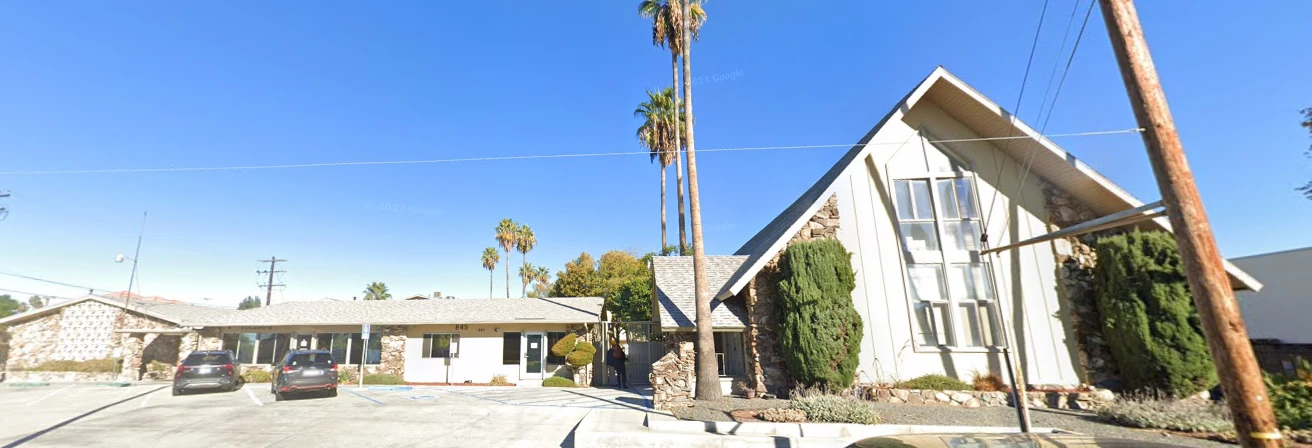Prototypes, located in Pomona, California, is a comprehensive residential treatment center dedicated to helping mothers and their children overcome addiction and its repercussions. With a wide array of services designed to combat addiction, Prototypes accepts various payment types, including Medicare and Medi-Cal, and offers payment plans based on income, ensuring accessibility for those in need.
Detoxification is an integral part of the residential program at Prototypes, designed to make the withdrawal process safer and more comfortable. Clients are monitored by medical staff and may be prescribed FDA-approved medications to ease the detox process, ensuring a stable start to their recovery journey.
The treatment at Prototypes primarily consists of group and individual counseling sessions, alongside recovery life skills training. This holistic approach addresses not only addiction but also the underlying issues contributing to substance abuse. In addition to addiction treatment, Prototypes offers courses on overcoming domestic violence and comprehensive mental health programs, providing a broad spectrum of support for clients.
While the facility caters primarily to women with children, it also offers outpatient services to men and support for those in the justice system. Mothers who do not require a residential program can also receive help through the outpatient services offered. This inclusive approach ensures that a wider range of individuals can benefit from the center’s programs.
Prototypes also provides a vocational training program to assist clients in transitioning back to work post-treatment. This program equips individuals with the skills needed to achieve economic stability and independence, fostering long-term recovery and self-sufficiency.
Many clients have praised the dedication and compassion of the staff at Prototypes, although some have expressed concerns about the care they received. The center continually strives to improve its services and address client feedback to provide the best possible care.
Prototypes is proud to hold Joint Commission Accreditation, reflecting their commitment to maintaining the highest standards of care in addiction treatment. This prestigious accreditation underscores their dedication to providing exceptional, evidence-based services and continuous improvement in patient care, ensuring that clients receive the highest quality treatment.
Prototypes is also proud to hold CARF Accreditation, further demonstrating their commitment to excellence in addiction treatment and mental health services. This accreditation signifies that the center adheres to rigorous standards of care and is dedicated to continuous improvement, ensuring clients receive the highest quality of treatment and support.




